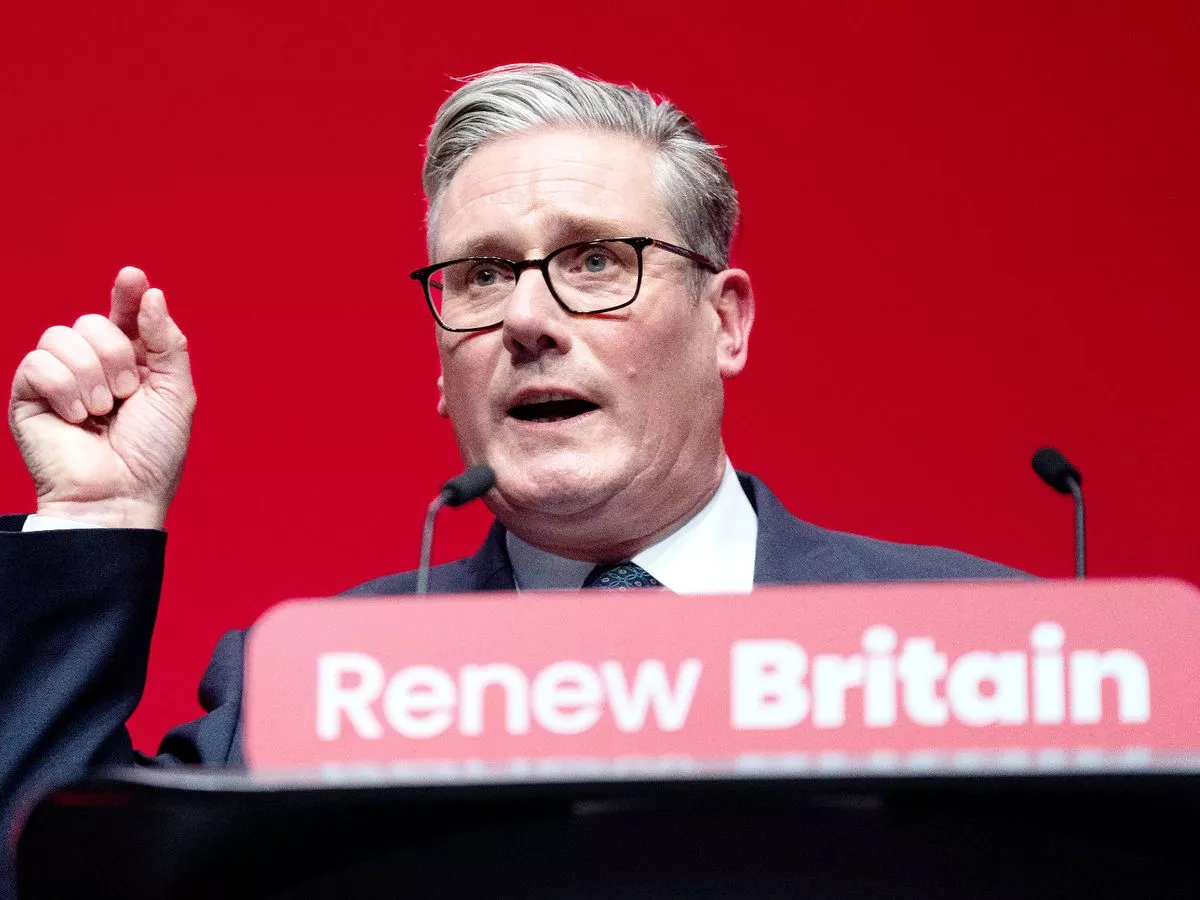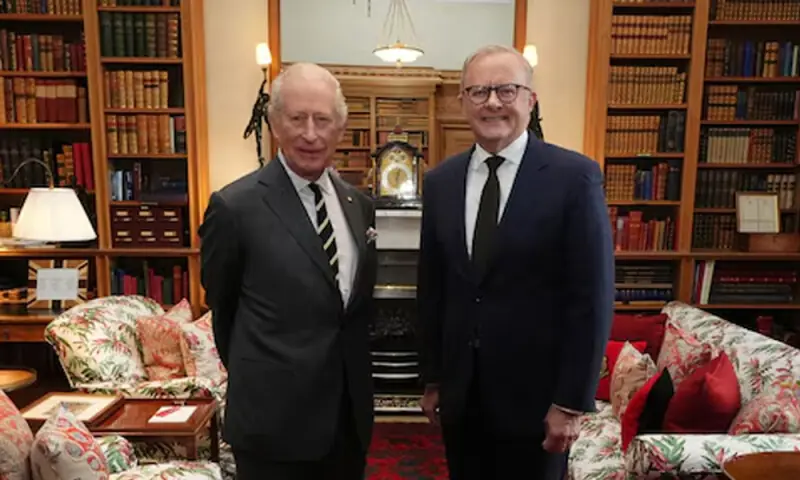By Emmeline Saunders,Paul Routledge
Copyright mirror

Delivering a leader’s speech when your own leadership is the obsessive topic of conversation among the party faithful can be tricky. But Labour is the natural home of political oratory, and Sir Keir Starmer faced up to the challenge, in a defiant message delivered in almost apocalyptic language . It went down a storm with his flag-waving audience , who poured out of the hall with the biggest smiles on their faces since conference began. History is being re-enacted. Some of Sir Keir’s predecessors faced similar threats. For delegates with long memories, there were echoes yesterday of a famous put-down by Harold Wilson of plotters conspiring to oust him in May 1969. “Let me say,” he warned dissident MPs, “for the benefit of those who have been carried away by the gossip of the last few days: I know what’s going on. I am going on. Your government is going on.” And on he did go… to lose the 1970 election to relatively unknown Tory leader Edward Heath. There is ample precedent for Labour’s big beasts to give it all as Starmer did yesterday. Nye Bevan, founder of the NHS and the darling of the Left, set the gold standard in 1957. He stunned his supporters with a powerful denunciation of unilateral nuclear disarmament as “an emotional spasm” that would send a future Foreign Secretary “naked into the conference chamber”. In 1960, Hugh Gaitskell rejected a conference unilateralist vote, with his immortal battle cry vowing to “fight, and fight, and fight again to save the party we love”. He did, and reversed the policy a year later. Harold Wilson is still best remembered for his 1963 Scarborough speech taking on the Tories and the unions with his “white heat of technology” speech condemning restrictive practices on both sides of industry. At Blackpool in 1976, Chancellor Denis Healey deployed all his hard-man talents to take on, and beat, a combative conference angry with public spending cuts linked to a massive loan from the International Monetary Fund. Neil Kinnock, a natural orator with a resonant voice – he was nicknamed “the Welsh windbag” – wowed conference in 1983 with a passionate denunciation of ultra-Left entryists trying to take over the party. This single speech set the course to New Labour and election victory. In 1994, Tony Blair abolished nationalising Clause 1V of the party’s constitution, effectively ending a century of socialist commitment. Gordon Brown used his 2008 speech to see off plotters demanding a more charismatic figure in Number 10. They failed, after Brown growled: “This is no time for a novice.” Jeremy Corbyn’s speeches are best forgotten, and Ed Miliband left no lasting mark in the annals of history. Sir Keir Starmer’s passionate statement of his political vision stands at the end of a great tradition of Labour public speaking. He dispelled the threat from leadership-hungry Andy Burnham, for now at least. His speech went down a storm with the flag-waving party faithful in Liverpool, but it faces a much bigger test of public opinion in coming days.



